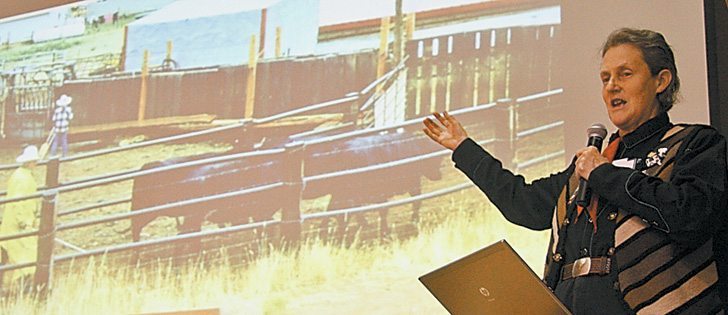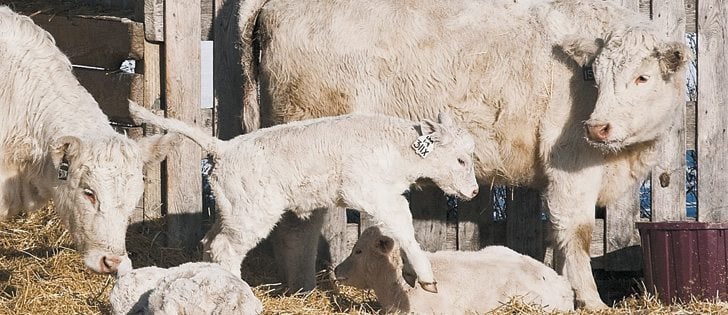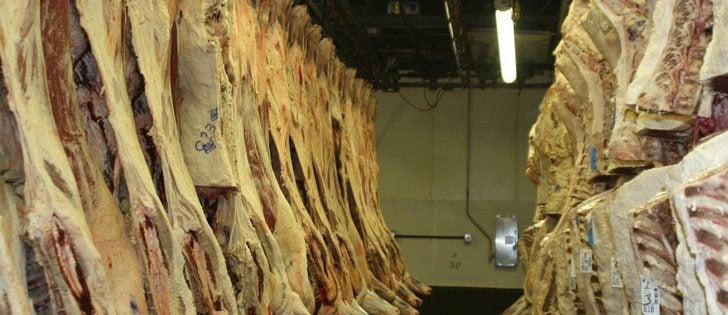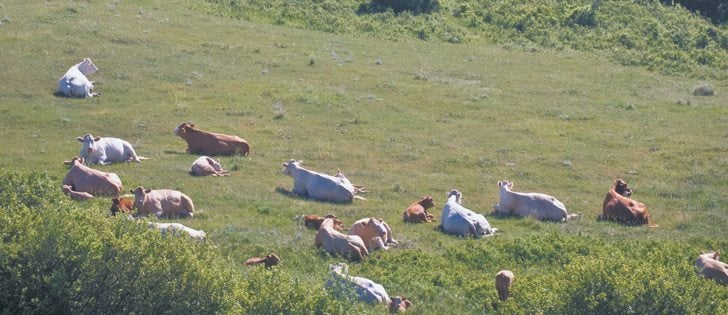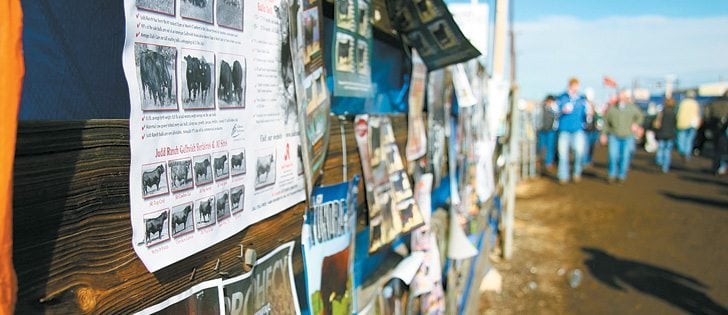SASKATOON — Beware the tiny fraction of beef consumers who want to tell producers how to do their jobs, warned Canadian Cattlemen’s Association president Travis Toews at a recent industry event.
He told the Saskatchewan Beef Industry Symposium that 99 percent of consumers want healthy, nutritious food at a reasonable price.
He cited studies showing 95 percent choose traditionally grown food based on taste, cost and nutrition.
Another four percent are lifestyle buyers. They choose luxury, gourmet, organic or local, he said.
But then there is the one percent of so-called fringe buyers.
Read Also
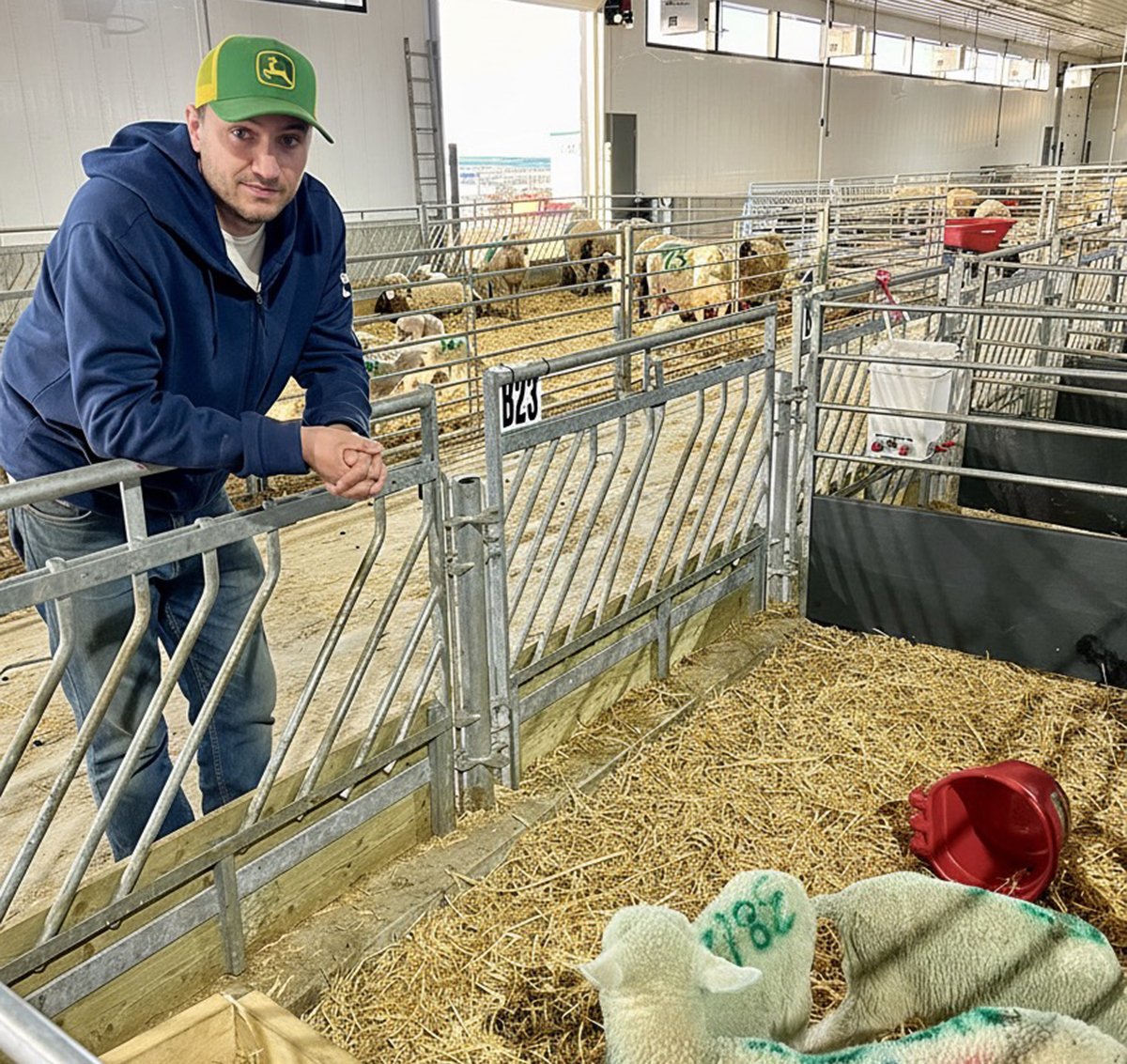
Solar, sheep provide valuable farm diversification
Eric Steeves says raising sheep on forages grown under solar panels provided economic stability and perhaps even saved his family’s fifth generation southern Alberta grain farm.
“They work with food bans, restrictions, propositions in the U.S. and Canada,” Toews said.
“They work through lobbying our ministers to change our production practices, to limit the products we can use, to suit their food tastes. This is a risk for us as we look down the road in our whole regulatory framework.”
Toews said agriculture has a global responsibility over the next several decades to grow 70 percent more food than it now does. Restrictions placed on production by a small number of people could put that in jeopardy.
He said the beef industry has made significant gains in sustainability.
According to U.S. data from 1977 to 2007, land use per pound of beef produced dropped 33 percent, water use declined 11 percent, feed consumption decreased 19 percent and fossil fuel use declined 10 percent.
“We have made real strides on the sustainability front and we need to tell the story,” he said.
“But we could never have done it without access to cutting edge animal health and animal production products. We could not have done it without a regulatory framework that encourages and allows the use of those products and technologies.”
Steve Kay, editor and publisher of Cattle Buyers Weekly, said antibiotic use is constantly under pressure from people outside the industry.
He also extended his warning to animal welfare practices and said the Humane Society of the United States is more dangerous than the People for the Ethical Treatment of Animals.
Kay said that group is seeking new targets, including branding, dehorning and castration.
“Be prepared that anything could happen,” he said.
The code of practice for beef cattle is being updated through the National Farm Animal Care Council, but the process is taking a while.




